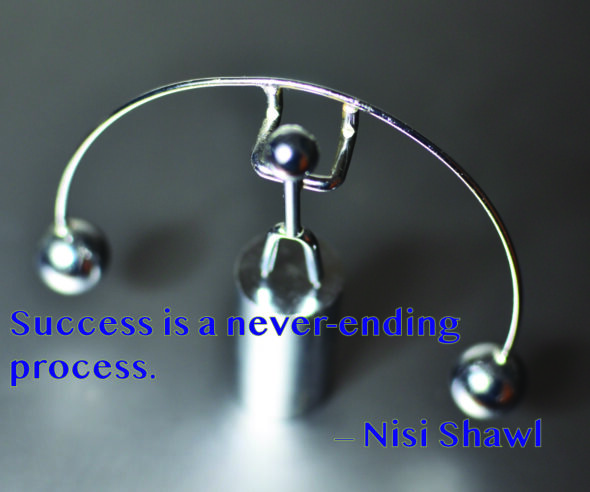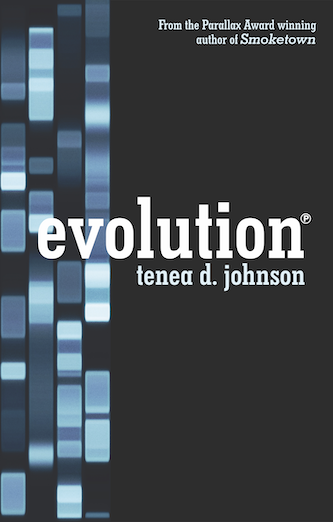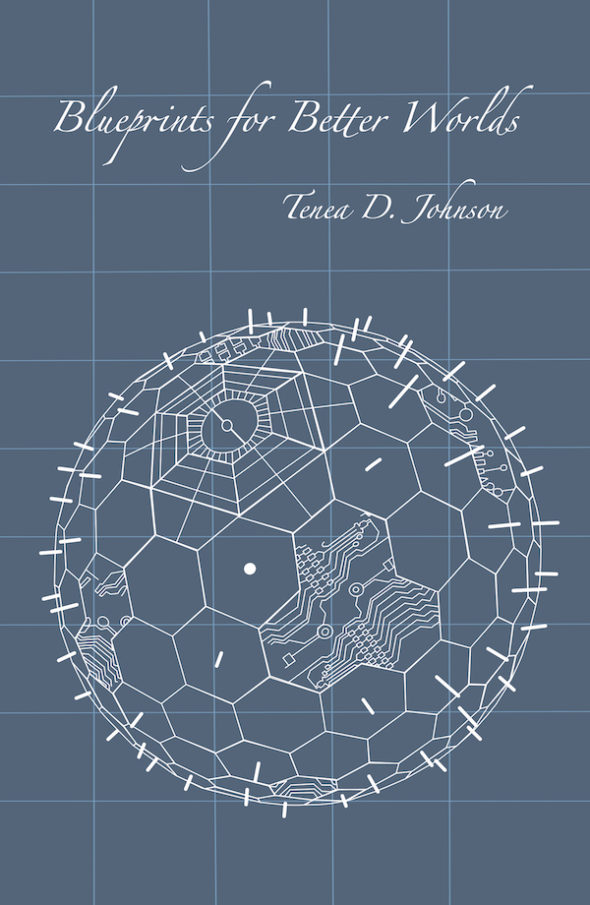3 Minutes with Nisi, author of Talk Like a Man

Original Photo by Skylar Kang from Pexels
Next up is Nisi Shawl, making their 2nd appearance in an Afrofuturism bundle I’ve curated and for good reason. This time it’s their publication from PM Press’s Outspoken Author Series. Get your DRM-free copy of Talk Like a Man and the rest of the bundle here until July 2nd.
What was the most difficult story/part of your novel to write? Why?
In this book, the most difficult story for me to write was “Something More.” I occasionally refer to it as “the story that almost killed me.” It was inspired in part by the life and death of Sandy Denny, a self-medicating depressive and alcoholic folksinger, and I became deeply, deeply identified with her during the writing process. My editor, Timmi Duchamp, couldn’t parse the manuscript, which was full of sentence fragments and incomplete metaphors and delusions. She worked very closely with me to make it accessible, though I believe another editor would have simply given up on the mess.
Later, an ex of mine remarked that “Something More” is in conversation with Octavia Butler’s work–in particular, her novel Kindred. I hadn’t realized it at the time, but yes, obviously.
What subject do you find most difficult to write about?
I find it really hard to write about the sort of mass lynchings and racial traumas that inform this country’s history. Rosewood, Tulsa, Wilmington–I just can’t face or fictionalize them. I have to turn away quickly. The closest I’ve come to doing so is in Everfair, and that novel takes place on a different continent and describes an alternative history in which millions of deaths did NOT take place. I am in eternal admiration of Kai Ashante Wilson’s short story “The Devil in America,” which accomplishes what I could never hope to.
How do you measure writing success?
I measure writing success with a series of moving goalposts. There are always new firsts, always new challenges, new dreams to fulfill. There’s your first sale, your first sale within a particular genre, your first sale for a certain payrate, your first award, your first receipt of a particular award, your first piece of fanmail, first fan art, first hardcover, novel, screen adaptation….Success is a never-ending process.
What influences your work? People, other fields, other authors, events, histories?
My work is constantly influenced by everything around me: landscape, weather, health, family, politics. Artistic creators are a huge part of my environment, too, of course.
Writers of that ilk include Colette, Raymond Chandler, Samuel R. Delany, C.J. Cherryh, Georgette Heyer, James Tiptree, Jr., Cordwainer Smith, Nicola Griffith, Vonda N. McIntyre, Octavia E. Butler, Ishmael Reed, Peter S. Beagle, Suzy McKee Charnas, E. Nesbit, Edward Eager, Alice Walker, Margaret Atwood, Gloria Naylor, and George Eliot. Those are a few of the positive influences. But there are negative influences as well: those authors I write against, such as Barbara Cartwright. And some authors fall into both camps; Heyer’s antisemitism is outrageous, for instance, though I adore her facility with dialogue.
Music is crucial to me as an influence–so much so that I put together soundtracks for stories I’m working on. Here are the names of some of the musicians, bands, and composers I’ve turned to: Wayne Shorter, Jimi Hendrix, Steely Dan, Royksopp, Zero Seven, Chopin, The Boys of the Lough, Kekele, Tinariwen, Angelique Kidjo, Djelimady Tounkara, and Los Munequitos de Matanzas.
Finally, I’ve been watching lots of series and films on my phone for the last couple of years, and I hope the influence of their plotlines, arcs, and resolving tensions will be felt in my new work. Favorites so far include Peaky Blinders, Better Call Saul, and Outlander.
What are you working on now?
At the moment I’m writing another novel, Kinning. It’s a sequel to Everfair. I’m up to Chapter 12 of sixteen projected chapters. Two months to go till my deadline. Will I make it? Let’s see.
Love, Nisi





Pingback: 3 Minutes with Nisi, author of Talk Like a Man - PM Press